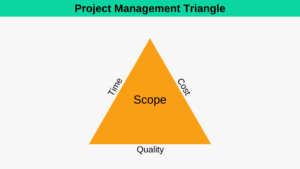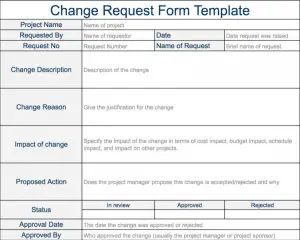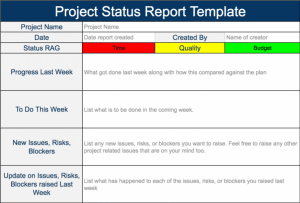Why do projects fail, and is the failure rate as bad as you suspect? The Standish Group carried out a study back in 1995 with IT industry executives, across different sectors and company sizes, to gain insight into the success rates of projects. Here are their findings:
- 31.1% of projects are cancelled before they are completed
- 52.7% of projects cost 189% of their estimated cost
- 16.2% of projects are completed on time and on budget
The Standish Group carries out this servey each year. How do you imagine the results look 15 years later? Here they are, this time compared directly with the 1995 results:
| 1995 | 2009 | |
| Failed | 31% | 23% |
| Over-budget | 53% | 44% |
| Successful | 16% | 32% |
The first thing you’ll notice is that the trend is going in the right direction, with the number of successful projects has increasing by 100% in the last 10 years, from 16% to 32%. Whilst it’s obviously a huge improvement that the percentage of successful projects has doubled, it still means that only 1/3 of projects are totally successful.
This is quite shocking, especially when you consider the widespread adoption of PMP during that time, following it’s emergence in the late 1990’s (today there are over 180,000 PMPs in 175 countries), and the adoption of Agile development to de-risk development projects.
One reason for these figures might be that despite the improvements in training, project environments have become far more complex over the last 15 years. My opinion is that these figures show just how much more complexity project managers have to deal with in their projects these days.
Regardless of the fact that technology projects are becoming more complex, you as the project manager should have an awareness of the reasons projects fail, so you can ensure you’re doing your best to address these areas in any projects you manage. Here are what I believe to be the main reasons projects fail:
- Unrealistic schedule / budget / quality demands
- Failure to manage expectations
- Lack of management commitment
- Failure meet the win conditions of all stakeholders (or even failure to plan to do this)
- Misunderstood roles and responsibilities
- Not understanding how we know that project is done at the beginning of the project (this could also be referred to as poorly defined requirements. See project planning)
- Failure to build a strong team
- Poor Planning
- Conflicting priorities
- Lack of change control (scope creep)
- Poor risk management
- Poor issue management
- Failure to manage stakeholders and their expectations
- Communication breakdowns
- Unclear project goals
As project manager it’s a good idea to refer to the list above regularly, and go through each item in the list above to identify if there are any areas which need attention in the projects you’re currently managing. You might also want to go through the list above with your team during Risk Management sessions to see if they can identify any areas of weakness in your project. In this way you will be earning your salary and actively initiating actions to ensure your projects avoid the main reasons why projects fail.










